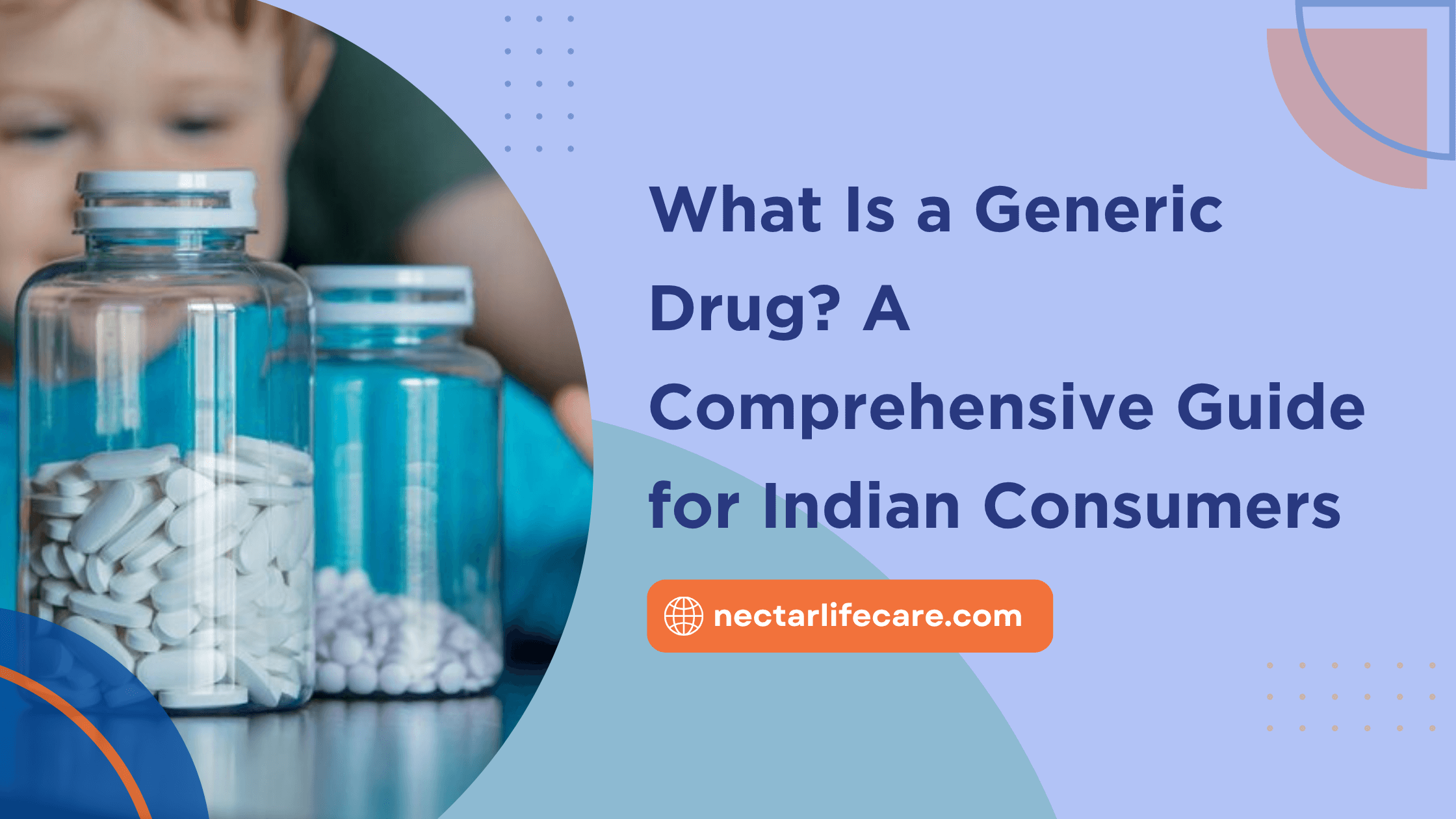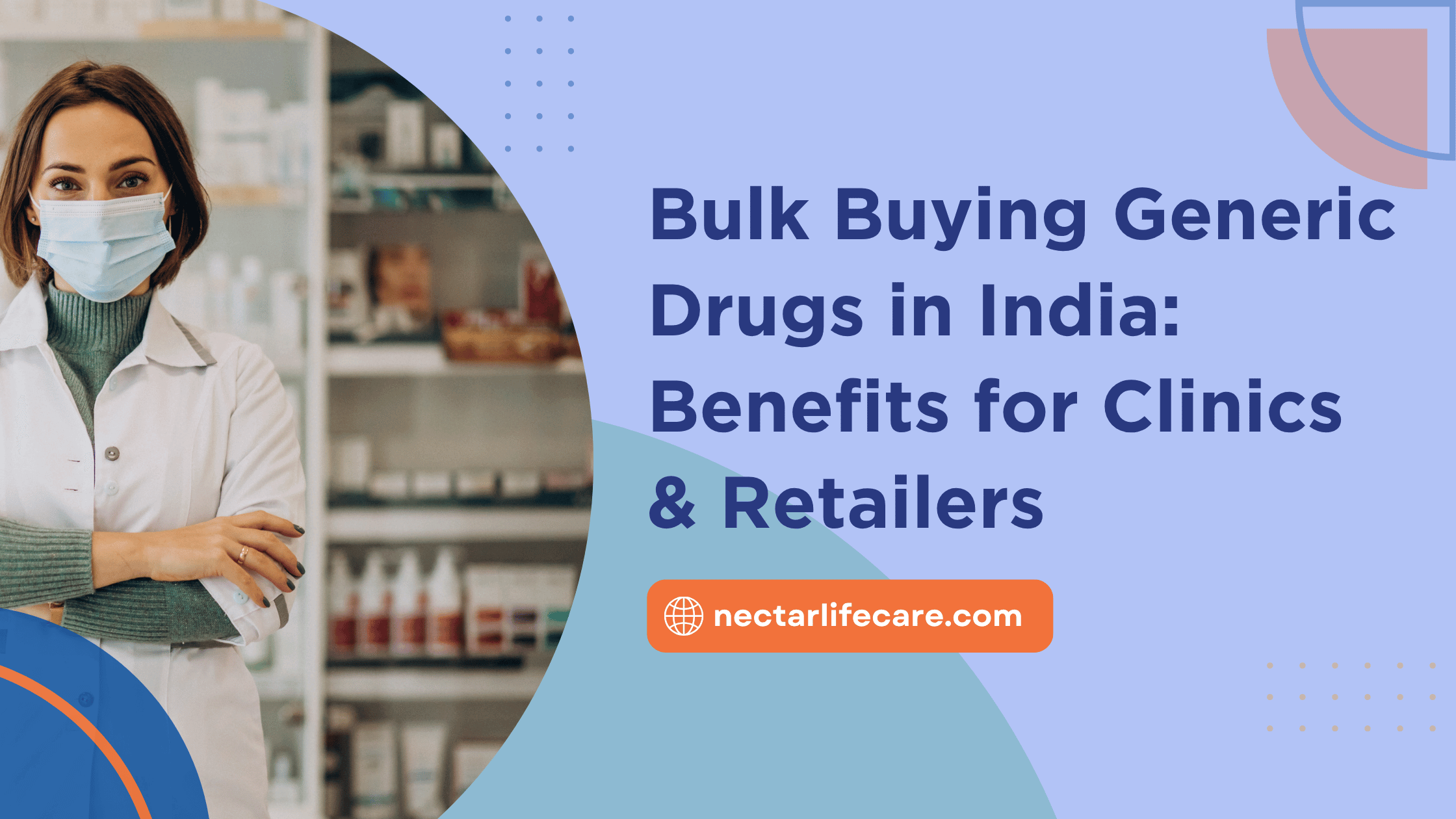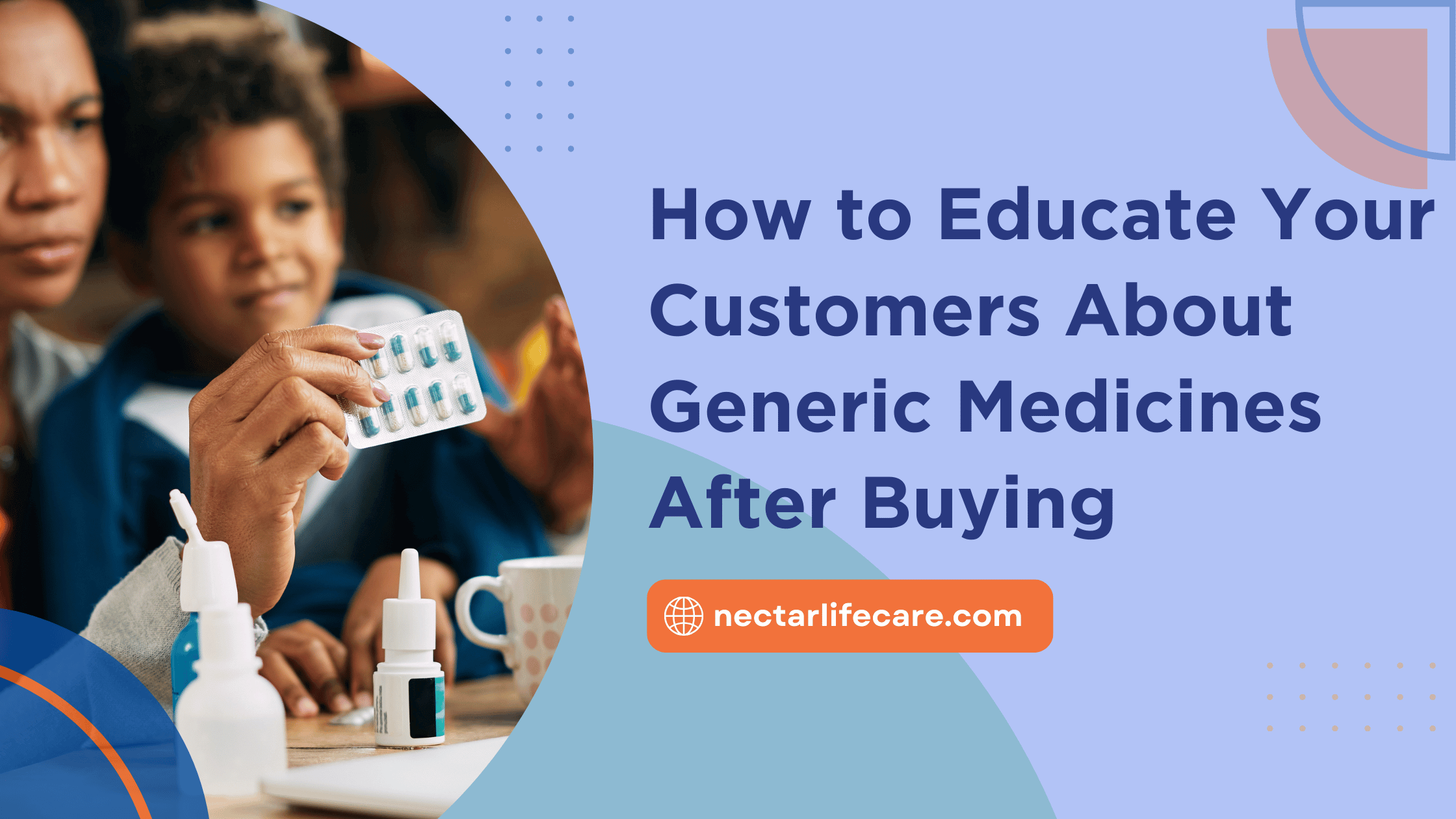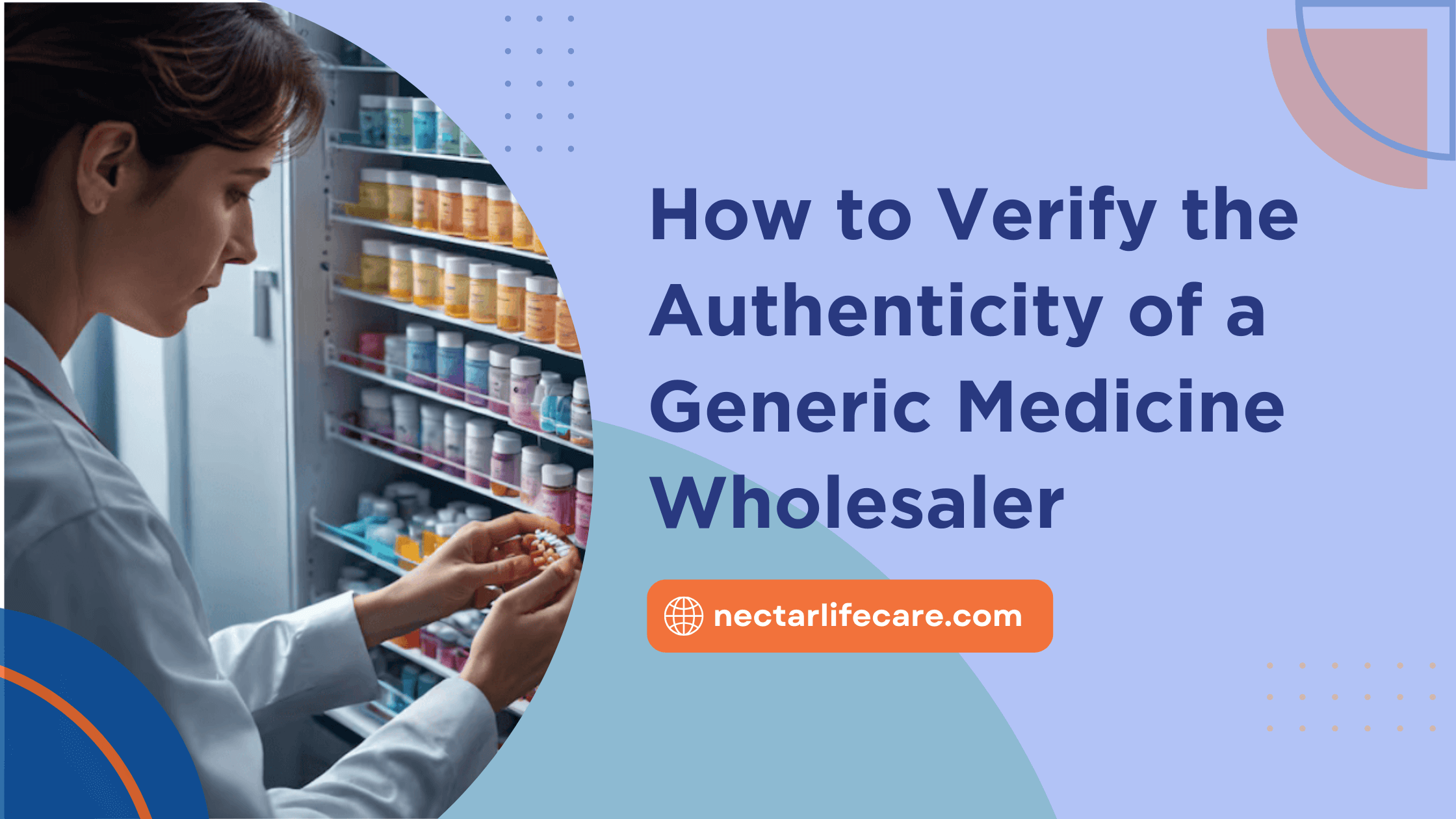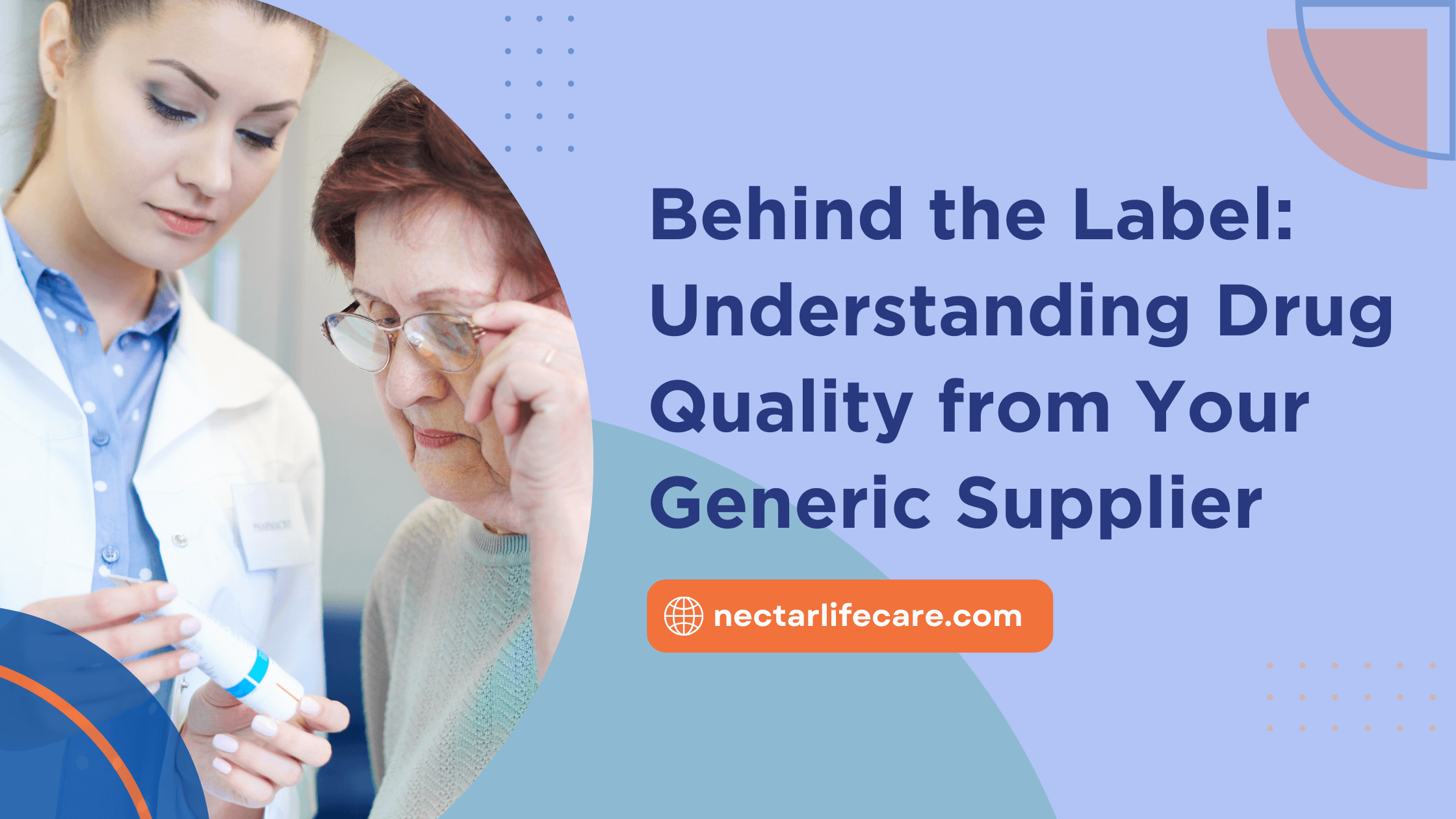In today’s healthcare landscape, understanding the medications we consume is crucial. One term that often arises is “generic drug.” But what exactly does it mean?
A generic drug is a medication that contains the same active ingredients as its brand-name counterpart. It delivers the same therapeutic effects, dosage, strength, route of administration, and intended use. The primary difference lies in its name, appearance, and cost.
For instance, consider the widely used diabetes medication, metformin. While “Glucophage” is a brand-name version, metformin is its generic equivalent. Both work identically in managing blood sugar levels.
In India, the availability of generic drugs has been bolstered by numerous generic medicine suppliers, ensuring that affordable medications reach every corner of the country.
Why Are Generic Drugs More Affordable?
One of the most significant advantages of generic drugs is their cost-effectiveness. But why are they cheaper?
- No R&D Costs: Generic manufacturers don’t bear the initial research and development expenses, as they’ve already been covered by the original brand.
- No Marketing Expenses: Brand-name drugs often come with hefty advertising budgets. Generics typically don’t invest heavily in marketing.
- Increased Market Competition: Once a drug’s patent expires, multiple manufacturers can produce it, leading to competitive pricing.
According to the U.S. Food and Drug Administration (FDA), generic drugs can cost 80-85% less than their brand-name counterparts.
Are Generic Drugs as Safe and Effective?
Safety and efficacy are paramount when it comes to medications. The good news is that generic drugs are held to the same stringent standards as brand-name drugs.
- Bioequivalence: Generics must demonstrate that they deliver the same amount of active ingredients into a patient’s bloodstream in the same amount of time as the original drug.
- Manufacturing Standards: Facilities producing generic drugs are subject to regular inspections to ensure compliance with good manufacturing practices.
- Monitoring: Post-marketing surveillance ensures that any adverse effects are promptly identified and addressed.
It’s essential to note that while the active ingredients are the same, inactive components like fillers or dyes might differ. However, these differences don’t affect the drug’s therapeutic action.
The Role of Generic Drugs in India’s Healthcare
India has emerged as a global hub for generic drug manufacturing. The country’s pharmaceutical industry plays a pivotal role in supplying affordable medications both domestically and internationally.
- Accessibility: Generic drugs have made essential medications accessible to a broader population, especially in rural and underserved areas.
- Economic Impact: The generic drug industry contributes significantly to India’s economy, providing employment and fostering innovation.
- Global Reach: Indian generic drugs are exported to numerous countries, reinforcing India’s position in the global pharmaceutical landscape.
Companies like Nectar Lifecare have been at the forefront, offering generic medicine wholesale solutions to meet the growing demand.
Common Misconceptions About Generic Drugs
Despite their benefits, several myths surround generic drugs:
- Myth: Generics are of inferior quality.
Fact: They meet the same quality standards as brand-name drugs. - Myth: Generics take longer to work.
Fact: They have the same onset of action as their branded counterparts. - Myth: All medications have generic versions.
Fact: Only drugs whose patents have expired can have generic versions.
Conclusion
Generic drugs are a cornerstone of affordable healthcare, ensuring that effective treatments are within reach for all. By understanding their role, benefits, and safety, consumers can make informed decisions about their health.
FAQs
Q1: What is a generic drug?
A generic drug is a medication that has the same active ingredients, strength, dosage form, and route of administration as a brand-name drug.
Q2: Are generic drugs safe?
Yes, generic drugs are approved by regulatory authorities and must meet the same safety and efficacy standards as brand-name drugs.
Q3: Why are generic drugs cheaper?
They are less expensive because manufacturers don’t have to invest in the initial research, development, and marketing costs.
Q4: Do generic drugs work the same way as brand-name drugs?
Yes, they have the same therapeutic effect and efficacy as their brand-name counterparts.
Q5: Can I switch from a brand-name drug to a generic one?
In most cases, yes. However, it’s essential to consult with your healthcare provider before making any changes to your medication regimen.

